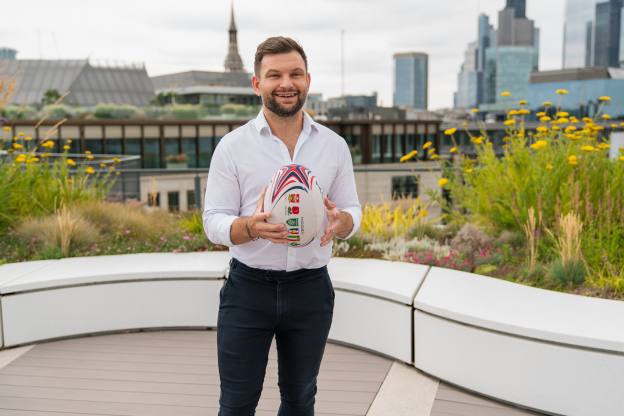Lewis is now working towards being chartered, which for him is "a confidence thing".
"The label doesn't really matter to me. But you always want to learn, and I've kind of got to one stage, and that's the next stage, so I'll carry on studying even after chartered. It's just about continually improving all aspects of it, like trying to grow."
A suitable second career
For Lewis, financial planning is about helping people live a life that fulfils them. He says he believes financial coaching will become ever more important and trumps money when it comes to financial planning.
"I don't think there's many clients that come in and say, one I want a financial plan, or two I want X per cent yearly return. But they will say, I want to maintain my lifestyle when I've stopped working. And then that's where we're going to say like, 'that's brilliant, what does that look like, talk to me'.
"And then we can obviously map that back to how much that's roughly going to cost."
He says when it comes to rugby players it pays to start financial planning early on.
"Football may be different but in rugby circles, very few people will be able to retire on what they earn from from rugby.
"I would never have been able to retire and just been Dave Lewis, the rugby player, gone media because I just don't have that profile. There are a few people that can do it. But the majority of people will have to go and find a job to support their family or just themselves."
The skill his background has given him is to understand what it means to transition from one identity to the next, he says, which can be quite bewildering for some if they do not have people to talk to in the lead up to it, or do not have something to go to.
He says the peculiarity about sportspeople is that they are "low experience but high income".
"I'm generalising here, [but] a lot of times when you get to the sort of incomes that [sportspeople] are earning, even in rugby playing circumstances, you would probably have quite a bit of life experience.
"A lot of them will have their highest earning years at a time in their life [when] they've got the least experience.
"I would love it if people started finance as soon as they came into the academy, that they were getting that sort of education. That would be the ideal scenario."
Lewis says many sportspeople are well equipped to become financial planners after their first careers.
He says: "Sportspeople have developed a lot of skills without knowing it that do lend themselves to financial planning, things like you're probably used to having chats with people, you do it all the time.






